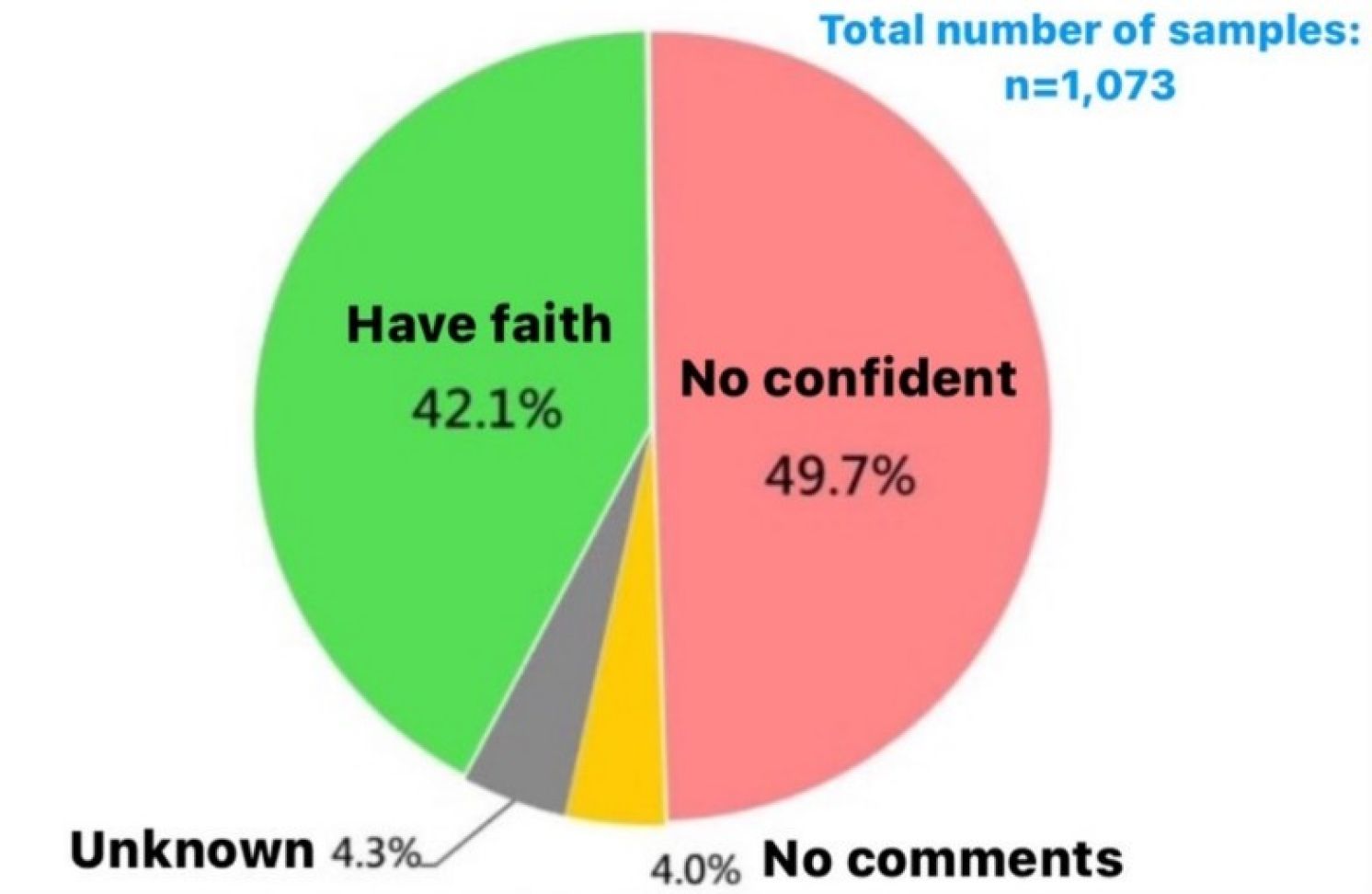
This Week in Taiwan 0714-0720
July 15:
The first domestically-built submarine prototype Haikun has completed assembly of its electro-optical periscope and has been launched for dockside testing. Sea trials, including surface and submerged tests, are expected to take place in September. The Ministry of National Defense plans to allocate a budget of over NT$280 billion (about US$8.5 billion) for seven follow-up submarines over the next 15 years in the 2025 defense budget. The expedited dockside testing of Haikun will help persuade legislators from both parties.
July 15:
The Energy Administration, Ministry of Economic Affairs, released the latest national power supply and demand report. Due to an eightfold increase in electricity demand from artificial intelligence (AI) technology over the past five years, it is estimated that power demand will grow by an average of 2.8 percent annually over the next decade. According to the report, the nighttime reserve capacity rate for this and next year is as low as 8 percent, about half of the legal standard of 15 percent. The failure of any large unit could lead to power outages.
July 16:
According to a poll by the Taiwan Public Opinion Foundation (TPOF), only 42 percent of respondents have confidence in the independence of the grand justices of the Constitutional Court, Judicial Yuan, while 50 percent do not. Half of the population doubts the independence of the justices. The subpar public approval may weaken the credibility and authority of the Constitutional Court.
July 16:
The Legislative Yuan voted to pass an amendment proposed by the opposition to lift restrictions on group tours to mainland China and prioritize the opening of mainland Chinese tourists to visit Kinmen, Matsu, Penghu, and other outlying islands via the Mini Three Links. The Mainland Affairs Council (MAC) responded by respecting the decision of the Legislative Yuan, emphasizing that it will continue to review current policies based on cross-strait interactions and called on the mainland to reciprocate.
July 17:
Bloomberg Businessweek published an interview with U.S. Republican presidential candidate Donald Trump. When discussing Taiwan, Mr. Trump stated that Taiwan has taken all the chip business and should pay for American protection. He mentioned that defending a small island on the other side of the world is practically difficult, as Taiwan is 9,500 miles from the United States but only 68 miles from China.
Premier Cho Jung-tai stated that Taiwan is willing to take on more responsibility. Robert O'Brien, former National Security Advisor, subsequently suggested that Taiwan should increase its defense spending to at least 5 percent of its GDP. Scholars estimate that the defense budget would account for up to 43 percent of the central government's total budget.
July 18:
Trump's "protection fee" remarks caused the stock price of the Taiwan Semiconductor Manufacturing Company (TSMC) to plummet, but TSMC President C. C. Wei stated at a press conference that its overseas expansion plans remain unchanged. Wei also introduced "Wafer Manufacturing 2.0," which extends the wafer foundry industry downstream. According to the new definition, TSMC's global market share in the wafer foundry will drop from over 60 percent to 28 percent. The market interprets this move as an attempt to reduce antitrust risks and avoid following in NVIDIA's footsteps.
July 19:
After the opposition pushed through legislative reform bills, the Democratic Progressive Party (DPP) administration questioned its constitutionality and requested a constitutional interpretation and temporary injunction. The Constitutional Court found that parts of the bill, including entertaining of the president's state report, entertaining and interpellation of official reports, personnel consent rights, investigative rights, hearings, contempt of parliament, have constitutional controversy and approved the temporary injunction.
The Constitutional Court will hold oral arguments on the constitutional interpretation case on August 6 and must rule by November 6, with a possible two-month extension if necessary. Seven of the current 15 justices will complete their terms at the end of October.
July 19:
The Chung-Hua Institution for Economic Research (CIER) announced the latest annual economic growth rate forecast of 3.81 percent, an upward revision of 0.43 percentage point from the previous forecast of 3.38 percent. The CIER analyzed that the development and applications of AI have boosted Taiwan's stock market to new highs, with the wealth effect driving private consumption growth. Meanwhile, robust related exports have further boosted economic growth, resulting in a "warm both internally and externally" growth model.